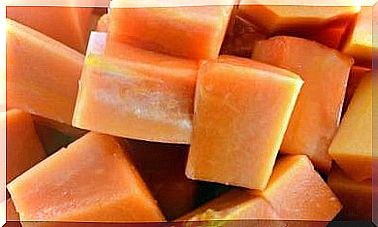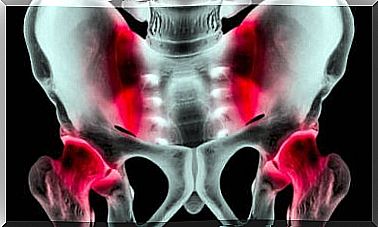What Are The Consequences Of A Lack Of Water For The Body?
What functions does water actually have? You can learn more about it in this post.
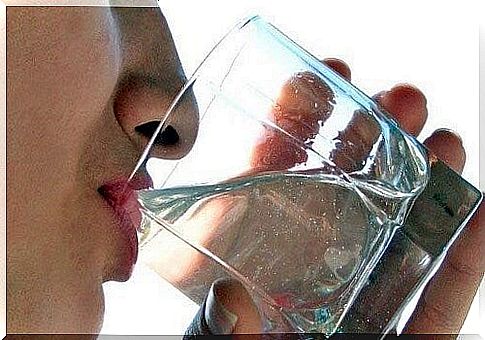
One hears again and again how important it is to drink enough water to prevent illness. Many ailments and health problems can be traced back to lack of water.
But what functions does water actually have? You can learn more about it in this post.
fatigue
If there is a lack of water, the enzyme activity drops and as a result there is greater tiredness, you feel limp and powerless.
Premature aging
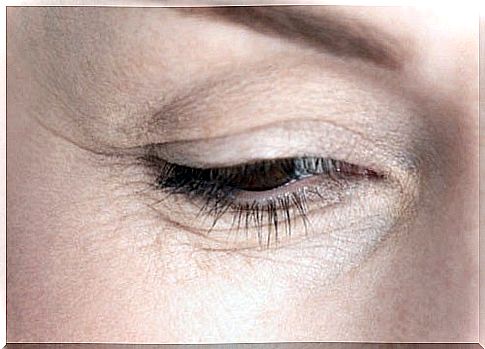
Our organism consists of more than 60% water, which is required for all organ functions. Those who drink enough daily will then help the organism to counteract free radicals and avoid premature skin and organ aging.
Overweight and obesity due to lack of water
Water alone is incapable of breaking down fat and reducing weight. But water is very important for everyone who wants to lose weight in a healthy way.
Water promotes the breakdown of toxins, has a filling effect and is essential for a well-functioning metabolism. If there is a lack of water, the organism cannot benefit from these advantages.
Blood pressure
Water is essential to clearing pollutants from the bloodstream and facilitating blood flow. The bloodstream needs water in order to function properly, as the amount of blood in our body alone is insufficient to fill arteries, veins and capillaries.
Raised LDL cholesterol levels
A lack of water causes excessive fluid filtration inside the cell, which leads to increased cholesterol production.
constipation
A sufficient amount of water in the body is necessary for proper stool formation and defecation, as this promotes food absorption and processing. In the case of a chronic lack of water, our body is then unable to remove residues. It comes to constipation.
Intestinal tract diseases

Lack of water leads to a lower secretion of digestive juices. Stomach problems such as gastritis and ulcers can result.
Respiratory disease
Water is essential for a strong immune system and then helps to prevent diseases of the respiratory tract. The mucous membranes of the respiratory tract need moisture to form a protective film against possible air pollutants or pathogens.
pH imbalance
A sufficient supply of water is essential to keep the pH of the blood in balance. Diet and other influences can trigger acidification in the body, which brings various health problems with it.
Skin disorders
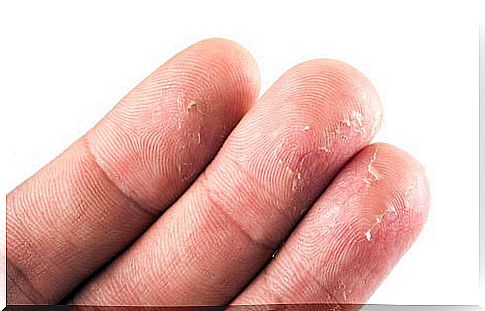
Our organism needs enough water to produce 500 to 700 ml of sweat a day. We use sweat to remove toxins that could otherwise cause skin irritation.
Urinary infections
The kidney and urinary tract functions depend on the amount of water consumed daily. Insufficient water intake and dehydration increases the risk of urinary tract infections such as cystitis.
In this case, the urine is darker in color and has a stronger odor.
rheumatism
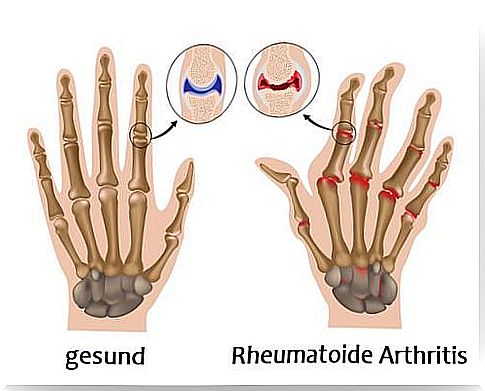
Lack of water causes toxins to build up in the bloodstream and other parts of the body, causing various diseases and ailments. Scientific studies have shown that lack of water increases the incidence of diseases considerably.
Brain damage
Serious dehydration can cause an imbalance in basic electrolytes, such as sodium and potassium. It can also lead to serious cardiovascular problems.
